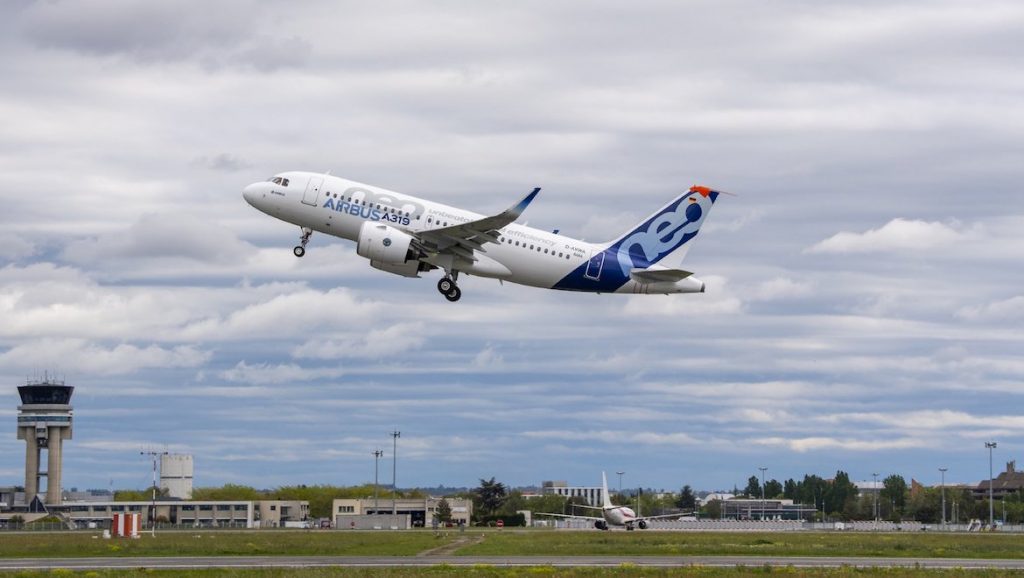
European planemaker Airbus has lost hope for any meaningful recovery in the short-term, as new COVID variants spread across Europe, closing borders and sending nations into lockdown.
Airbus posted an operating loss of US$600 million in 2020, down significantly from its 2019 results, where it reported US$1.6 million in profit.
The commercial aircraft division of the company saw a 37 per cent drop in revenues year-on-year to US$41.5 billion, and an operating loss of US$1.6 billion.
This compares to a profit of $2.2 billion profit for the division in 2019.
Chief executive Guillaume Faury stated the company expects to break even this year.
He stated that he is expecting deliveries in 2021 to stay “at least” on par with the results from 2020, as new strains of coronavirus dash hopes of a short-term recovery.
Mimicking the sentiment of others in recent weeks, the Faury stated the global vaccine rollout, which was hoped to result in an fast recovery for aviation, is “not developing as we expected”.
The planemaker’s chief executive said the “tipping point” for recovery in the aviation industry remains uncertain for now, and the company is still anticipating largely subdued demand for new aircraft into 2022.
“It is very likely that 2022 will still be constrained by demand,” Faury said.
“It will be much stronger than 2021 but probably not yet at [previous] production capacity.”
Meanwhile, Airbus also carved 20 per cent off the value of its current order book, or US$120.5 billion, bringing the total down to US$451 billion.
Airbus cited its doubts over airlines’ ability to honour their deals amid an ongoing slump in travel demand, as well as lower orders and a weakening dollar, as its reasons for the 20 per cent cut.
In light of the ongoing effects of the pandemic, the planemaker is still looking to cut around 7,500 jobs this year.
Airbus to keep aerostructures business
Amid the results announcement, Faury also announced that Airbus will no longer be selling its aerostructures businesses Setelia and Premium Aerotec, both of which have been up for sale for several years.
The businesses are responsible for the production of structural components for aircraft airframes, and were deemed unnecessary to Airbus due to low margins and the competitive nature of the sector.
Thus, the announcement to retain these businesses signals a potential overhaul of Airbus’ manufacturing processes and its supply chain.
Faury noted that advancements in new low-emission technologies, such as hydrogen or electric powered aircraft, had changed the outlook of these sectors.
“We have to place this in the perspective of the new wave of disruption coming in aviation. New ways of propulsion will significantly impact the aerostructure,” he said.
“The connection between the design [of the aircraft] and the industrial system . . . has to remain in Airbus.”




